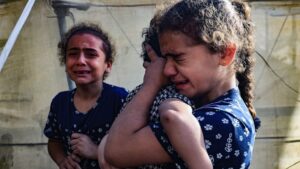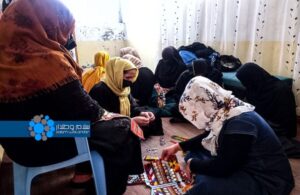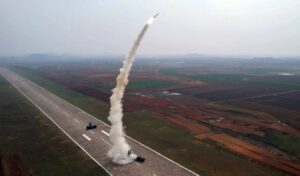MONITORING (SW) – A number of leading press freedom groups such as Internews, UNESCO and Committee to Protect Journalists have called for safety of media professionals in Afghanistan.
UNESCO Director-General Audrey Azoulay has called for freedom of expression and the safety of journalists in Afghanistan to be ensured, in full respect of international norms and human rights obligations.
“Access to reliable information and open public debate, facilitated by free and independent media, is crucial for Afghans to achieve the peaceful future they deserve,” said the Director-General. “No-one should be afraid to say what they think at this critical juncture, and the safety of all journalists, including women, must especially be guaranteed.”
UNESCO remains committed to continuing to support in any way possible freedom of expression and access to information for all Afghans. In recent decades, UNESCO has been proud to participate in the flourishing of a vibrant and diverse professional media sector in Afghanistan, which continues to show tremendous dedication to serving the public, even in the face of violence and threats.
Nine media freedom and journalist organisations, including one of the country’s largest supporters of independent Afghan media outlets, have called on the UK to ensure Afghan journalists, not just those with UK links, are considered a high priority for the UK’s new resettlement scheme. Several UK newspapers also joined the letter urging action from Foreign Secretary Dominic Raab.
The organisations, which include the National Union of Journalists, English PEN, RSF and Internews – which helped found some of Afghanistan’s best-known independent media outlets – said they were seriously concerned for the safety of journalists and other media workers in the wake of the Taliban’s takeover.
At least seven journalists, four of them women, have been killed in the line of work so far this year alone, according to UNESCO data.
UNESCO urges that the important progress made should not be undone and in particular that women journalists must be able to continue their crucial work. The Organization notes recent statements that no threats or reprisals will be carried out against journalists and calls for this to be respected and monitored closely nationwide.
UNESCO’s work over the past twenty years has included assisting in the formulation of new legislative frameworks, contributing to the development of community media, improving journalism education, promoting gender-sensitive reporting, as well as reinforcing educational broadcasting. Most recently, the Organization has been supporting fact-checking networks and media outlets to professionally verify and report on the COVID-19 crisis.
The Taliban must immediately cease harassing and attacking journalists for their work, allow women journalists to broadcast the news, and permit the media to operate freely and independently, the Committee to Protect Journalists has said.
Since August 15, members of the Taliban have barred at least two female journalists from their jobs at the public broadcaster Radio Television Afghanistan, and have attacked at least two members of the press while they covered a protest in the eastern Nangarhar province, according to news reports and journalists who spoke with CPJ.
ENDS






